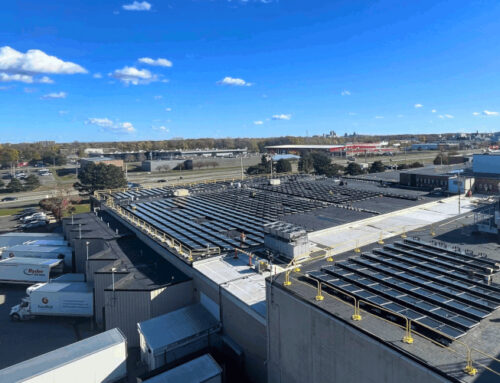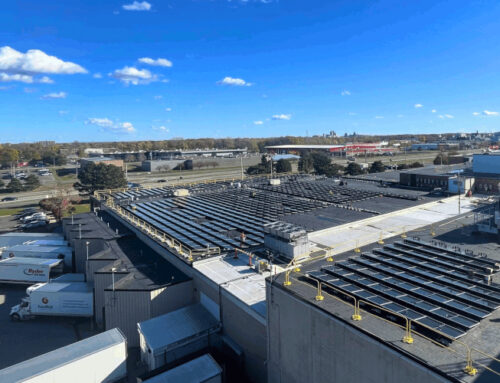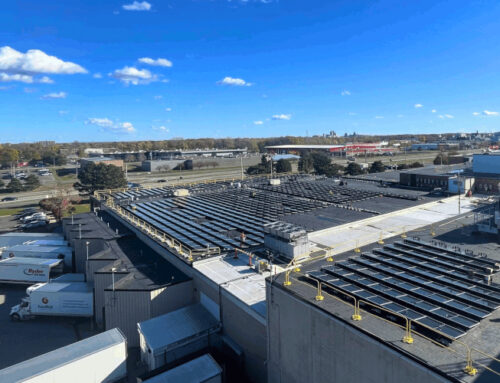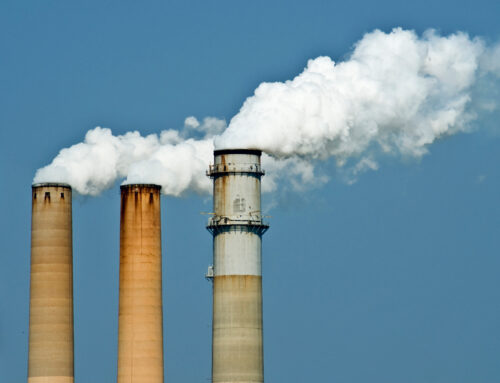Law Opening Federal Government Aims To Shut Down Sale Of Unregulated Intoxicating Hemp Pro
November 18, 2025
|
RCBJ-Audible (Listen For Free)
|
Intoxicating Delta-8 THC Products Are Sold In Rockland County In Villages & Towns That Opted Out Of Retail Cannabis
When the United States Congress voted to re-open the government, it also voted to dampen the growing $30 billion hemp industry.
A provision in the law to re-open the federal government stiffened restrictions on hemp-derived THC, a form of cannabis containing a psychoactive compound, a product that has formed the basis of a multi-billion dollar industry of essentially unregulated food and beverages.
You see them everywhere you go. Signs reading “legal THC” or “Delta-8 THC” sold at convenience stores, bodegas and gas stations in Rockland County in the same villages and towns that have opted out of retail cannabis sales. Technically the products are not cannabis, but they often have the same intoxicating effects of cannabis, a product that is tightly regulated, tested, and supervised by New York State’s Cannabis Control Board (CCB) and Office of Cannabis Management (OCM).
In New York, hemp-derived products are also regulated by the OCM, but enforcement has been uneven, plagued by lawsuits, and slow. Retailers, distributors, and processors of cannabinoid hemp products must obtain a license or permit from the OCM to do business. New York’s Department of Taxation & Finance also enforces the collection of sales tax on cannabis adjacent products and products labeled and sold as cannabis.
The new federal law sets a strict limit of the amount of tetrahydrocannabinol (THC) hemp products can contain. Hemp and cannabis are different plants, but both contain THC. Hemp was once considered a controlled substance, but changes in the 2018 farm bill essentially opened the door to hemp-derived products, like paper, clothing, and building supplies. Food and beverages soon followed.
That industry, but some estimates, is valued nationally at $30 billion annually.
Lawmakers say that growers and processors exploited the opportunity to formulate products with THC levels equal to those of legal cannabis. Hemp-derived intoxicating products are unregulated in most states and compete directly with legalized cannabis for consumer dollars. They are also not tested to the same levels as legalized cannabis and are marketed broadly to a general population, including for sale in interstate commerce.
The FDA has weighed in warning consumers to be aware “that delta-8 THC products have not been evaluated or approved by the FDA for safe use in any context” and that they have been “marketed in ways that put the public health at risk and should especially be kept out of reach of children and pets.”
Hemp and marijuana are related plants. Hemp must contain 0.3 percent or less by dry weight of THC to be legally classified as hemp. The THC from hemp can be extracted and concentrated to levels equal to or greater than legal cannabis and added to food and beverage products, like gummies and hemp-based drinks.
The new law would maintain the 0.3 percent limit on hemp-derived cannabinoid products but ban concentrations or amounts that are not naturally contained in the plant. The bill would still permit hemp to be sold across state lines legally. Marijuana as a controlled substance cannot be sold in interstate commerce.
Right now, New York sellers of hemp enhanced products can ship their goods to out-of-staters, but are not allowed to sell THC concentrated products in the state. Products for interstate sales must be segregated from other retail offerings and clearly labeled in the hemp shops.
The U.S. Hemp Roundtable issues a statement “condemning the harmful decision by Congress that threatens to eliminate America’s $28.4 billion hemp industry and jeopardizes more than 300,000 American jobs.”
The marijuana industry, saddled with regulations, extensive testing requirements, and a ban on interstate sales, welcomed the new restrictions. Legal cannabis sellers already compete with unlicensed illicit sellers and sales of unregulated Delta-8 THC products.
Chris Lindsey, a vice president at the American Trade Association for Cannabis and Hemp said, the legislation “carefully distinguishes between intoxicating and nonintoxicating products and synthetic and natural products.” Membership in his organization includes cannabis companies in state-regulated marijuana markets.
Hemp advocates fear the impact on growers producing non-intoxicating hemp products, including those containing cannabidiol (CBD), the legal cannabinoid found in hemp widely touted as beneficial for health. CBD is a compound from the cannabis plant that does not cause a “high” and is being studied for potential benefits in conditions like epilepsy, anxiety, and pain.
Farmers producing hemp primarily for non-intoxicating CBD products fear the legislation will regulate them out of business and hurt the growing CBD industry for health-related products.
The language in the funding bill gives a one-year period before the ban takes effect.
A compromise proposed by the hemp industry would establish a new regulatory scheme for hemp-derived products, including milligram thresholds, labeling requirements, and vest the FDA, which regulates food, drugs, and cosmetic explicitly authority over cannabinoid hemp products.
Related Post
















